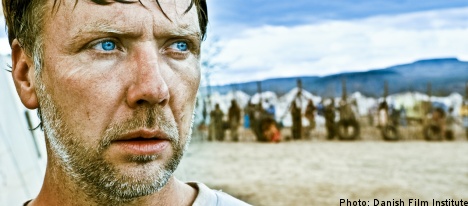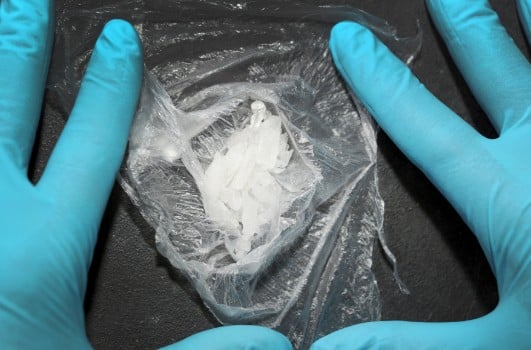When Persbrandt joined the board of Scandinavian Clinical Nutrition (SCN) at the start of the year, the expectation was that he would use his celebrity status to serve as the public face of the company, Swedish business daily Dagens Industri (DI) reported.
But in January, Persbrandt was arrested on suspicion of having used cocaine.
While the 47-year-old actor at first denied taking the drug, a subsequent urine test exposed traces of cocaine, leading him to admit to the offence, claiming it was the first time he had dabbled in the drug.
“We are a company which operates in the health sector and it’s not compatible with what’s been written about Mikael Persbrandt which was focused on other things,” SCN board chair Anders Struksnes told the newspaper.
Among the products marketed by SCN are Immolina, a patented supplement featuring spirulina, a nutrient-rich supplement derived from cyanobacteria, and Ledactin, a supplement containing concentrated milk proteins.
According to Struksnes, Persbrandt broached the subject of his participation on the SCN board in March, around the time that the actor was stripped of his role as an ambassador for UN’s children’s fund Unicef because of the cocaine scandal.
In April, Persbrandt was caught taking cocaine once again during a raid by Stockholm police at the Clarion Hotel. He admitted to taking the drug and was fined 15,900 kronor ($2,570), the Metro daily reported at the time.



 Please whitelist us to continue reading.
Please whitelist us to continue reading.
Member comments